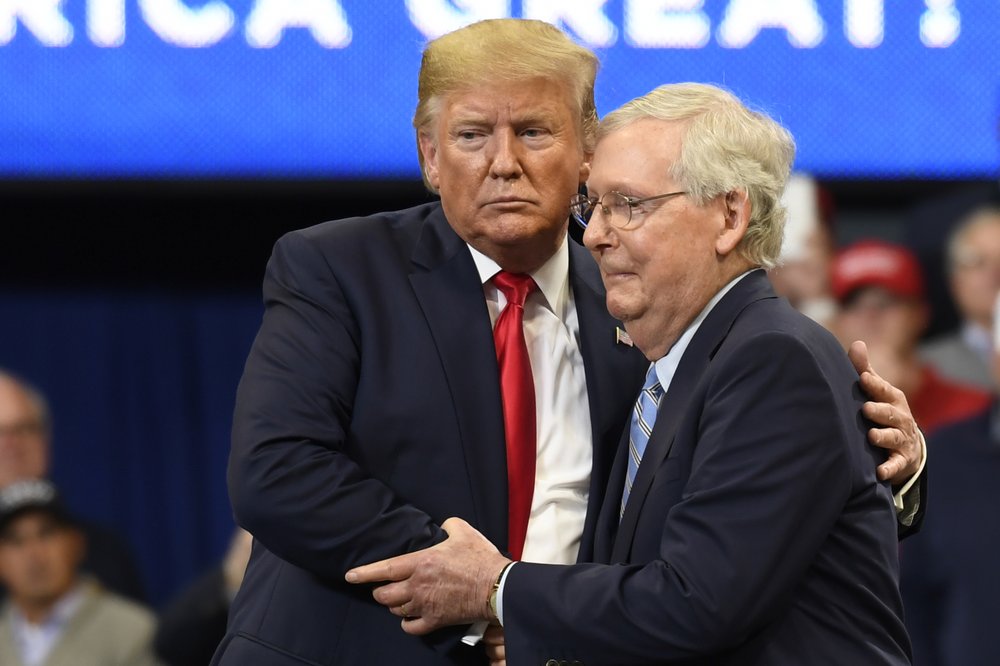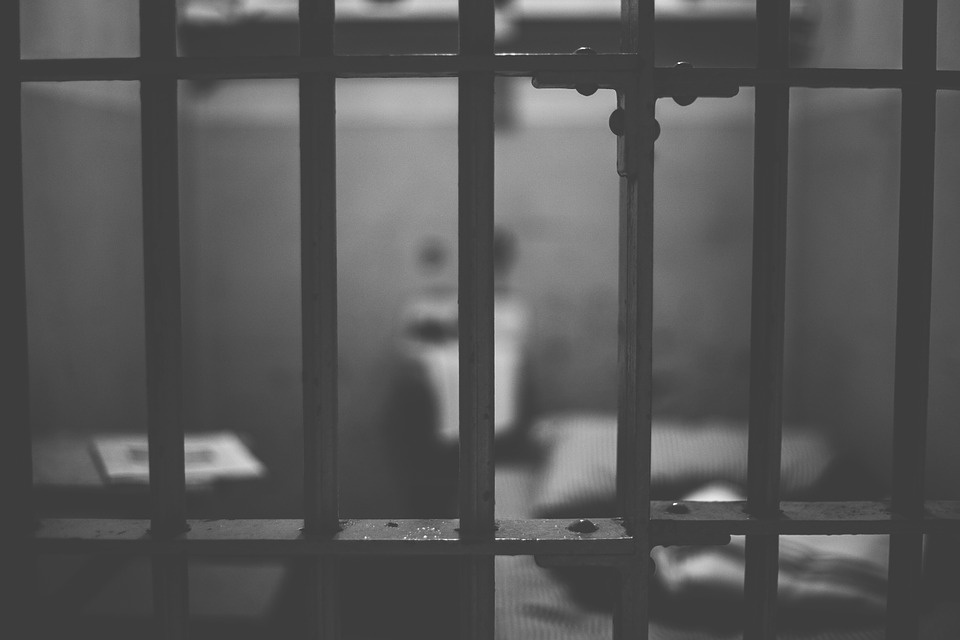National
Reporters claim new rules will hinder impeachment coverage

WASHINGTON (AP) — President Donald Trump’s impeachment trial in the Senate promises to be one of the most heavily scrutinized events in American political history. But the journalists covering the trial are warning that restrictions on media access will cripple their ability to do their job.
“The proposed restrictions exceed those put in place during the State of the Union, Inauguration Day or even during the Clinton impeachment trial 20 years ago,” Sarah Wire, a Los Angeles Times reporter who heads the Standing Committee of Correspondents, wrote Senate Majority Leader Mitch McConnell, R-Ky., and Senate Minority leader Chuck Schumer, D-N.Y.
A preliminary security plan would greatly limit the movement of credentialed media members. Journalists would be restricted to a designated area and could only speak to senators who approached them. Under normal conditions, credentialed journalists can informally approach lawmakers in the hallways or on the way to the elevator or the Senate subway.
“That’s the bread and butter of what we do here. That’s where you get that extra nugget of information,” Wire said in an interview with The Associated Press.
Members of the press corps are also asking for a waiver of the traditional ban on laptops and cellphones, which would enable them to file breaking news updates from gallery seats inside the Senate chamber, but that request has apparently been rejected. The security plan would also place a magnetometer at the door of the gallery seats to scan journalists as they enter and prevent them from bringing in electronics.
Between the magnetometer and the constant need for journalists to leave and reenter the chamber in order to file stories, Wire wrote on Twitter that “the Senate trial will have a soundtrack of “beep, beep, beep” as 90+ reporters walk in and out all day.”
Members of the press corps met last week with representatives from the office of the Senate Sergeant at Arms, seeking clarification on how the proposed restrictions would actually enhance security. Wire said the meeting ended inconclusively and that the journalists’ requests have been largely ignored.
“Right now we’re just getting silence,” she said.
Sen. Roy Blunt, the chairman of the Senate Rules Committee, said the changes are necessary to keep the emotional and intense impeachment proceedings running smoothly. Blunt, R-Mo., told reporters on Tuesday that keeping senators from being mobbed in the hallways was “a legitimate concern” and that legislators need to be able to handle their historic duties “without having to fight their way onto an elevator.”
But the plan has also drawn criticism from senators from both parties.
“I’m a staunch believer in the First Amendment and I think this is wrong,” said Democratic Sen. Amy Klobuchar of Minnesota, a member of the Senate rules committee, in an interview with CBS News after participating in Tuesday’s presidential debate. “I don’t know why, at this very important moment where you would want to allow the people to see it, they’re deciding to pull back access. I have my own theories, of course, and they’re not good ones.”
Sen. John Kennedy, R-La., called the restrictions “a huge mistake” and said they seemed designed to shield senators from having to deal with crowds of journalists in the hallways.
“There is an effort to limit the press,” Kennedy told The Associated Press. “Senators are grown women and grown men. If they don’t want to make a comment they know how to say, ‘No comment.’”
Efforts to contact the Capitol Police and the Senate Sergeant at Arms for comment were unsuccessful.






